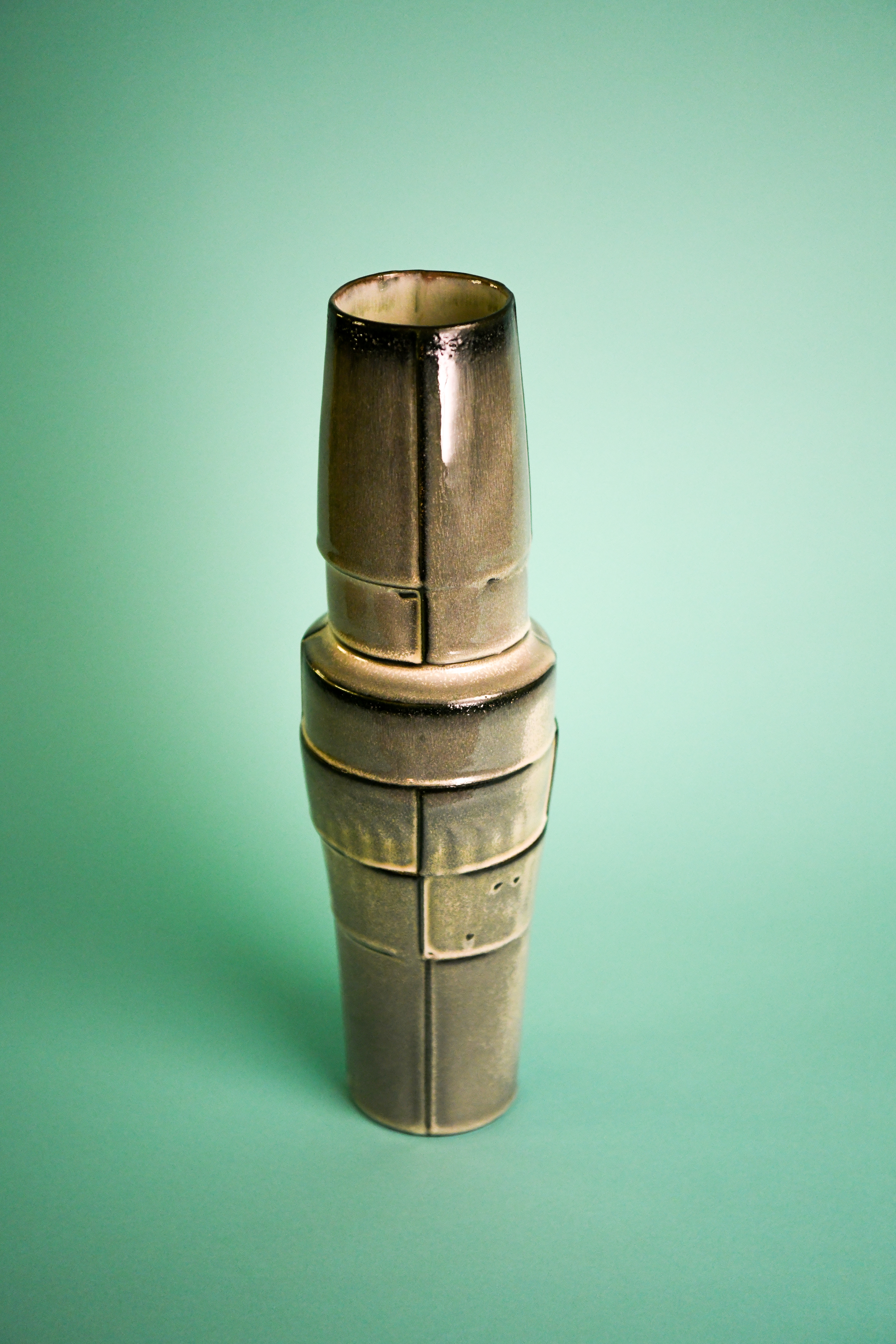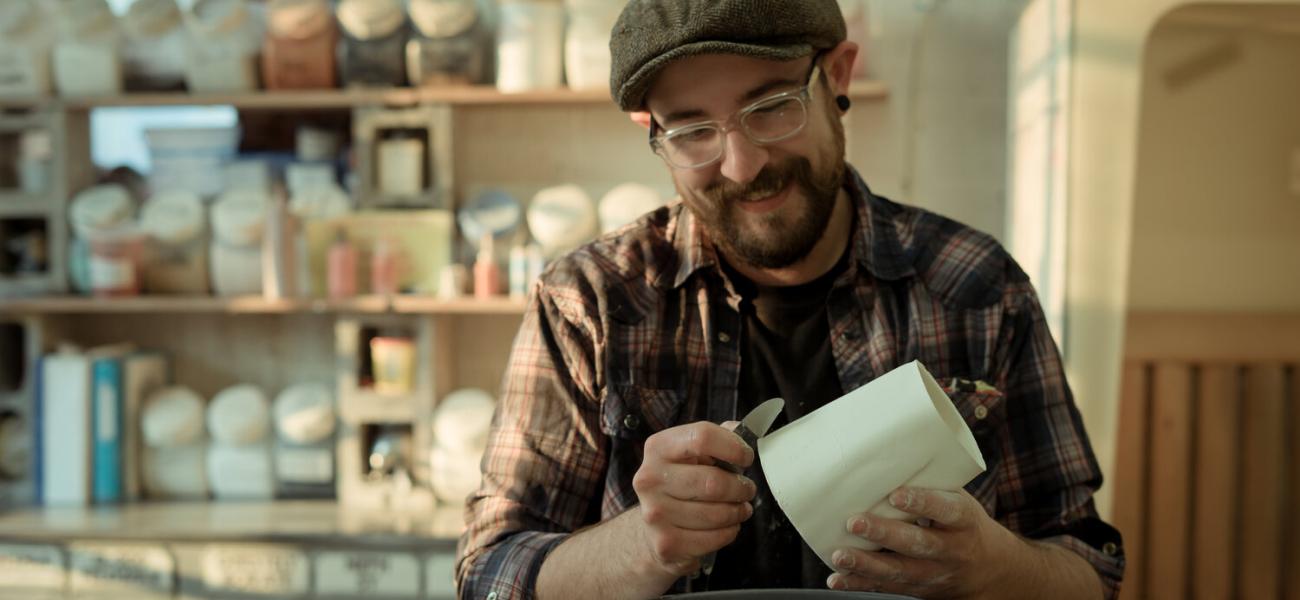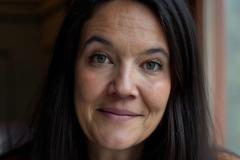In mid-November, I sat down for a remote conversation with Tyler-James Anderson, who spoke with me from his office at Odyssey ClayWorks in Asheville, North Carolina. Our conversation spanned a wide range of topics, from the evolution of his studio practice to the devastating impact of the recent hurricane and subsequent flooding on the local ceramics community. We discuss how these events have reinforced the communal spirit of artists in North Carolina. Through it all, Tyler-James shared his thoughtful perspective on community and the ever-evolving role of art in times of crisis.
Randi O’Brien (ROB): Can you give our readers a background of where you're originally from and when you made North Carolina your home base?
 Tyler-James Anderson (TJA): I am originally from Southern California, in between LA and San Diego.
Tyler-James Anderson (TJA): I am originally from Southern California, in between LA and San Diego.
I lived in Middle Tennessee for a little bit. I moved out there with my background and degree in music, audio engineering, and sound design.
Before ceramics, my main thing was music. Initially, I moved to middle Tennessee with a band. The band that I was performing with fell apart in middle Tennessee, and so, it was a lucky coincidence because there was a gal up the road, Susan DeMay, who did ceramics. I had always done ceramics for fun, but I trained with her for a year and a half before I ended up in Asheville.
ROB: You said you were dabbling in ceramics throughout your early career. How long would you say you've been a professional ceramic artist?
TJA: I would say for the last ten or so years. I wouldn’t consider it professional before that. I took ceramics anytime I had an opportunity, electives, and gen-eds; technically speaking, I've been making pots since I was thirteen.
ROB: Do you have any academic background in ceramics; did you receive a degree in studio ceramics?
TJA: No, in ceramics, I didn't. Much of my knowledge base in ceramics is somewhat self-taught; I apprenticed with Susan in Middle Tennessee. And I have some training from school, but it's not your Ceramic 101 training. Much of my knowledge is based on being curious and getting bored quickly. And wanting to try new things.


